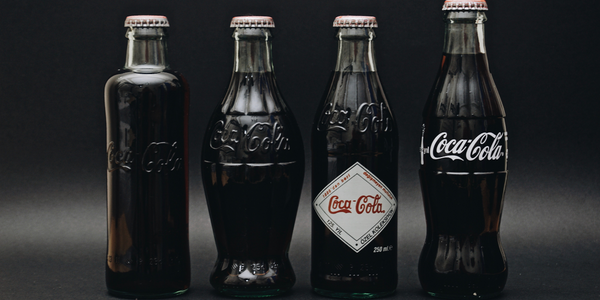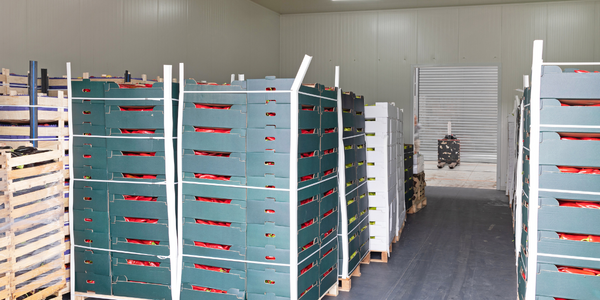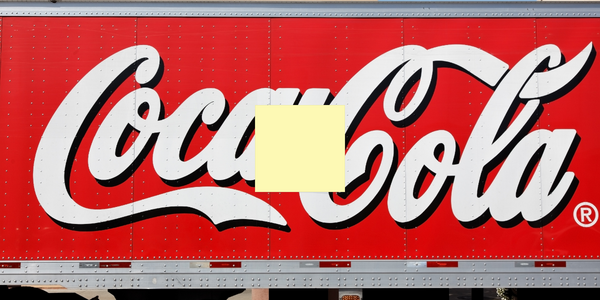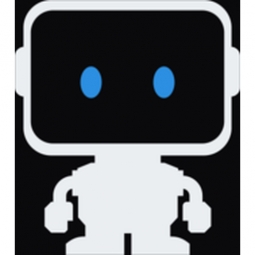下载PDF
US Foods Analyzes Transactions from 300,000 Customers with Snowflake and DataRobot
技术
- 基础设施即服务 (IaaS) - 云计算
- 分析与建模 - 预测分析
适用行业
- 食品与饮料
适用功能
- 销售与市场营销
- 商业运营
用例
- 预测性维护
- 供应链可见性(SCV)
服务
- 数据科学服务
- 云规划/设计/实施服务
挑战
美国食品公司是美国最大的食品公司之一,其传统的本地数据仓库面临巨大挑战。该系统需要不断维护,经常发生资源争用,并且无法以经济实惠的方式存储超过两年的数据。由于系统的用户界面违反直觉、无法加载大型数据集以及 BI 功能有限,业务分析师需要数周时间才能准备一份报告。报告延迟导致一些业务用户从孤立的 Microsoft Access 数据库和 Excel 电子表格中寻求见解。通过数据科学建模来预测客户忠诚度和流失率根本是不可能的。美国食品公司评估了几种云数据管理解决方案,但没有一种能够提供性能和经济实惠的完美组合。
关于客户
US Foods 是一家食品服务分销商,也是美国最大的食品公司之一。该公司总部位于伊利诺伊州罗斯蒙特,拥有约 26,000 名员工。US Foods 为约 300,000 家餐厅和食品服务运营商提供广泛的食品产品、烹饪设备、用品和技术目录。该公司使用数据分析和数据科学来监控绩效、预测流失率并加速增长。
解决方案
US Foods 采用了 Snowflake 的云数据平台,该平台经过扩展,成为其交易数据的单一分析存储库。Snowflake 的 Python 连接器和 Amazon S3 的批量加载功能使每天能够提取大量数据集而不会造成瓶颈。Snowflake 对 SQL 的原生支持以及简洁、易于导航的界面加速了报告创建。DataRobot 集成实现了客户流失率的预测分析,可识别出需要 US Foods 保留团队主动联系的高风险客户。该解决方案为 US Foods 的数据管理和预测分析能力提供了显著的改进。
运营影响
数量效益
相关案例.

Case Study
The Kellogg Company
Kellogg keeps a close eye on its trade spend, analyzing large volumes of data and running complex simulations to predict which promotional activities will be the most effective. Kellogg needed to decrease the trade spend but its traditional relational database on premises could not keep up with the pace of demand.

Case Study
HEINEKEN Uses the Cloud to Reach 10.5 Million Consumers
For 2012 campaign, the Bond promotion, it planned to launch the campaign at the same time everywhere on the planet. That created unprecedented challenges for HEINEKEN—nowhere more so than in its technology operation. The primary digital content for the campaign was a 100-megabyte movie that had to play flawlessly for millions of viewers worldwide. After all, Bond never fails. No one was going to tolerate a technology failure that might bruise his brand.Previously, HEINEKEN had supported digital media at its outsourced datacenter. But that datacenter lacked the computing resources HEINEKEN needed, and building them—especially to support peak traffic that would total millions of simultaneous hits—would have been both time-consuming and expensive. Nor would it have provided the geographic reach that HEINEKEN needed to minimize latency worldwide.

Case Study
Energy Management System at Sugar Industry
The company wanted to use the information from the system to claim under the renewable energy certificate scheme. The benefit to the company under the renewable energy certificates is Rs 75 million a year. To enable the above, an end-to-end solution for load monitoring, consumption monitoring, online data monitoring, automatic meter data acquisition which can be exported to SAP and other applications is required.

Case Study
Coca Cola Swaziland Conco Case Study
Coco Cola Swaziland, South Africa would like to find a solution that would enable the following results: - Reduce energy consumption by 20% in one year. - Formulate a series of strategic initiatives that would enlist the commitment of corporate management and create employee awareness while helping meet departmental targets and investing in tools that assist with energy management. - Formulate a series of tactical initiatives that would optimize energy usage on the shop floor. These would include charging forklifts and running cold rooms only during off-peak periods, running the dust extractors only during working hours and basing lights and air-conditioning on someone’s presence. - Increase visibility into the factory and other processes. - Enable limited, non-intrusive control functions for certain processes.

Case Study
Temperature Monitoring for Restaurant Food Storage
When it came to implementing a solution, Mr. Nesbitt had an idea of what functionality that he wanted. Although not mandated by Health Canada, Mr. Nesbitt wanted to ensure quality control issues met the highest possible standards as part of his commitment to top-of-class food services. This wish list included an easy-to use temperature-monitoring system that could provide a visible display of the temperatures of all of his refrigerators and freezers, including historical information so that he could review the performance of his equipment. It also had to provide alert notification (but email alerts and SMS text message alerts) to alert key staff in the event that a cooling system was exceeding pre-set warning limits.

Case Study
Coca-Cola Refreshments, U.S.
Coca-Cola Refreshments owns and manages Coca-Cola branded refrigerators in retail establishments. Legacy systems were used to locate equipment information by logging onto multiple servers which took up to 8 hours to update information on 30-40 units. The company had no overall visibility into equipment status or maintenance history.





